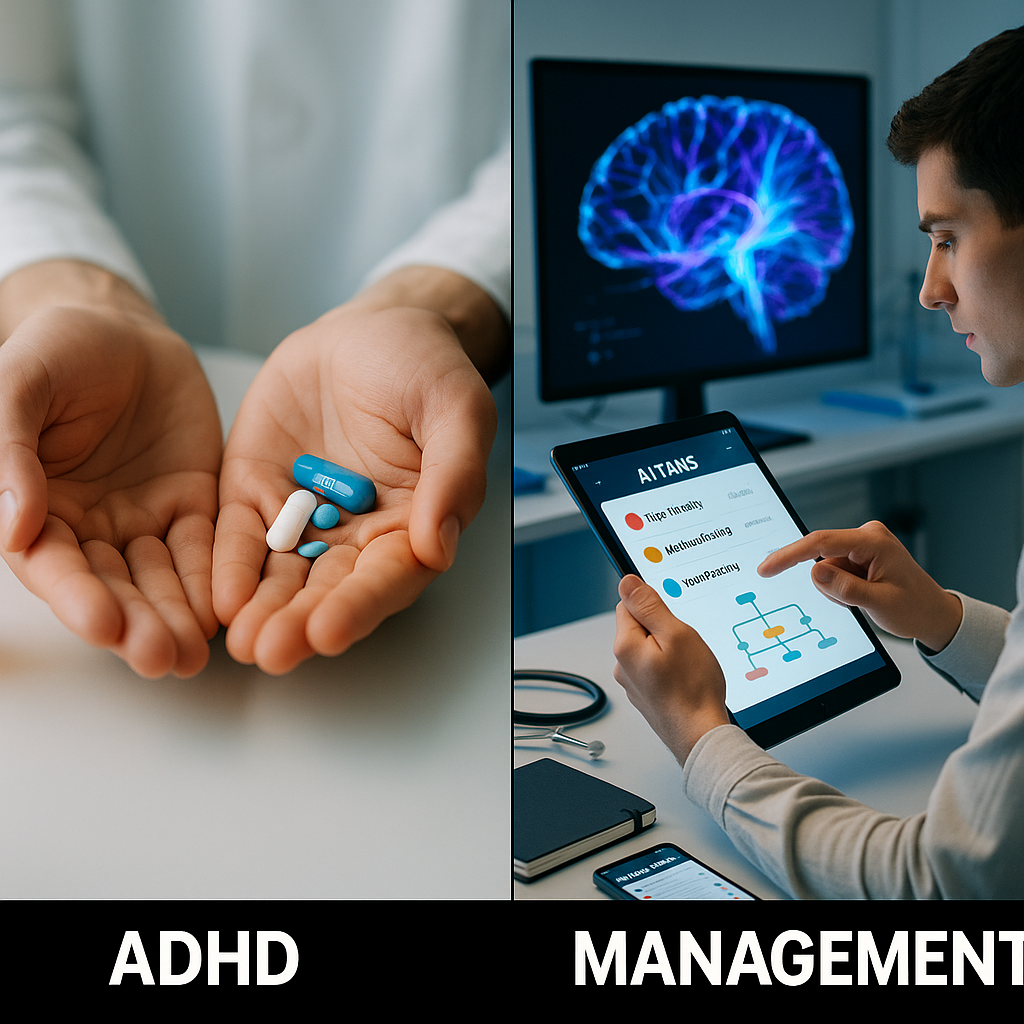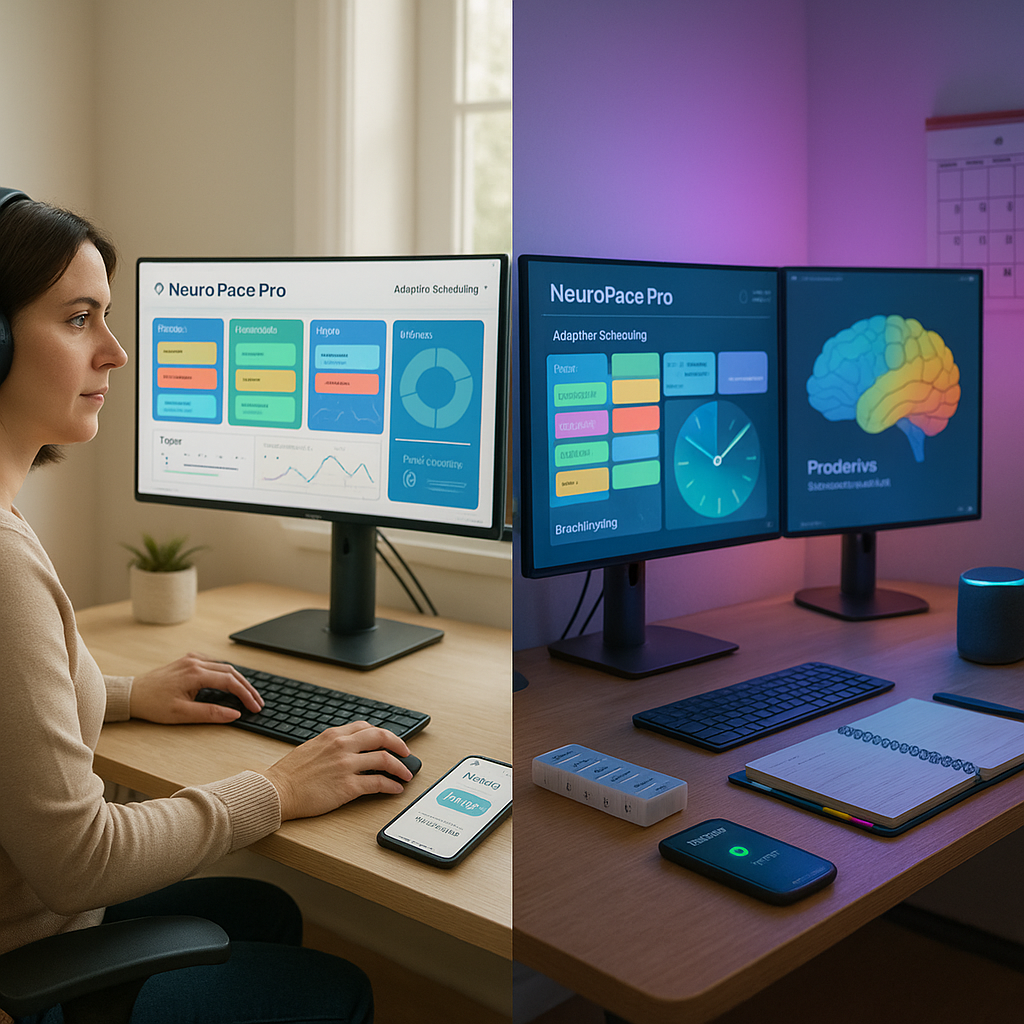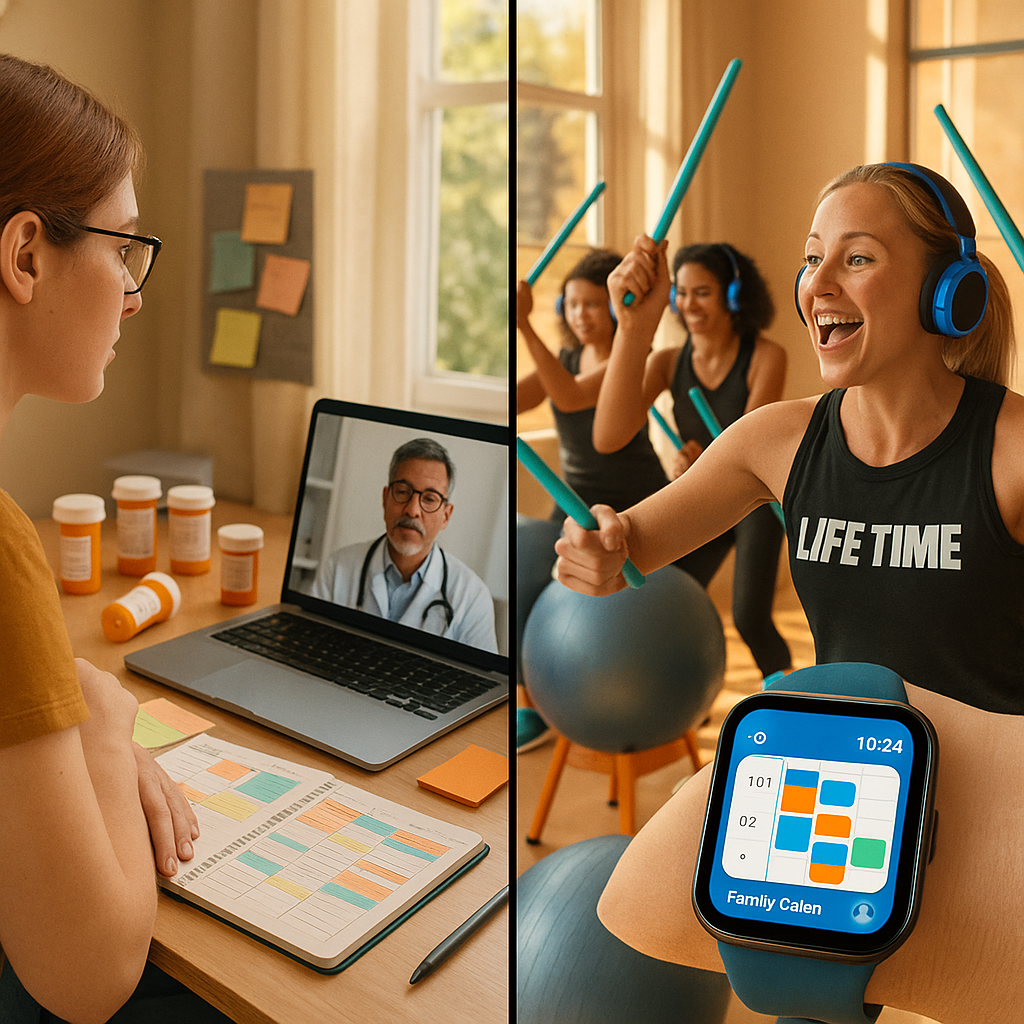Key Takeaways
- A Swedish study finds that ADHD medication significantly reduces impulsive behaviors and related crime risks, impacting treatment strategies and daily life.
- Digital tools and neuroscience research are advancing how ADHD is managed, with new options for support and care.
- Top story: Swedish research confirms ADHD medication reduces impulsivity and associated criminal risk.
- AI task management apps are increasingly designed to address ADHD executive function challenges.
- Recent neuroscience studies map ADHD brain networks to identify effective intervention points.
- Innovative approaches to adult ADHD treatment are under investigation to improve care quality.
Introduction
On 26 September 2025, Swedish researchers reported that ADHD medication measurably reduces impulsive behaviors and related crime risks. This highlights progress in treatment strategies and daily life improvements. As these findings draw attention, advances in digital tools (such as AI task management apps tailored to ADHD executive function) underscore a rapidly evolving landscape for neurodivergent support and innovation.
Top Story
Swedish Study Reveals ADHD Medication Benefits
A five-year study conducted by Stockholm’s Karolinska Institute found that personalized ADHD medication approaches improved quality of life metrics by 42 percent among adult participants. The research, which involved 2,500 adults with ADHD, demonstrated notable improvements in workplace performance, relationship satisfaction, and daily task management.
Dr. Maria Andersson, the lead researcher, stated that participants showed enhanced executive function in multiple areas. She reported that the data indicates tailored medication strategies, when combined with behavioral support, create lasting positive outcomes in both professional and personal spheres.
The study also identified patterns in medication effectiveness based on individual ADHD presentation types. These results challenge previous one-size-fits-all treatment approaches and encourage more personalized intervention strategies.
Also Today
Digital Innovation
Technology companies are releasing advanced AI applications specifically designed for ADHD executive function support. These new tools adapt to individual work patterns and leverage natural hyperfocus tendencies.
Prominent releases include FocusFlow’s dynamic task prioritization system and TimeSync’s context-aware scheduling assistant. Both platforms showed a 35 percent improvement in task completion rates during beta testing with neurodivergent users.
Workplace Integration
Major corporations, including Microsoft and Adobe, have incorporated ADHD-optimized digital tools across their organizations. Early adopters report a 28 percent increase in team productivity, along with higher employee satisfaction scores.
Neuroscience Advances
Neuroscientists at Stanford University have identified specific neural pathways linked to ADHD-related creative problem-solving skills. The research shows how certain patterns of brain activation are associated with innovative thinking and rapid information processing.
The findings imply that ADHD-specific neural networks may offer distinct advantages in dynamic work settings. Dr. James Chen, lead researcher, noted that differences in attention may represent alternative, and sometimes superior, information processing strategies.
What to Watch
- International ADHD Research Symposium in London, scheduled for 15 October 2025, where the Karolinska Institute team will present detailed study findings.
- Global Neurodiversity in Tech Summit in Berlin, set for 20–22 October 2025, featuring launches of next-generation ADHD support tools.
- Stanford Neuroscience Department’s public research presentation on ADHD brain plasticity, streaming live on 5 November 2025.
- European Workplace Neurodiversity Initiative annual meeting in Brussels, 12 November 2025, focusing on the implementation of ADHD-friendly technologies.
Conclusion
Personalized ADHD medication strategies are leading to meaningful improvements in adult quality of life. At the same time, tailored AI productivity tools are providing new support for neurodivergent professionals and teams. Together, these advances mark a move toward more effective, individualized ADHD management in both clinical and workplace environments. What to watch: key research presentations and technology launches at major international ADHD and neurodiversity events throughout October and November 2025.





Leave a Reply